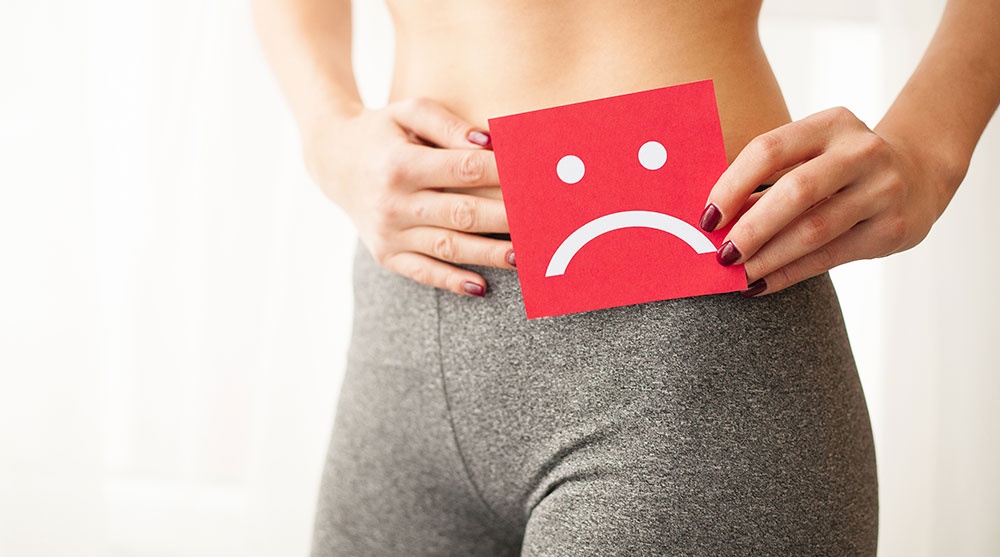Yeast Infections: Effective Naturopathic Treatment
- Tara Andresen
Categories: Naturopath Toronto

Candida albicans is one of the many types of fungi that live and grow inside most human bodies. Normally, this fungi causes no harm and is kept under our control by our immune cells and good bacteria. However, some medications like antibiotics can cause the good bacteria to die, leaving candida free to grow unchecked. The medical term for this is candidiasis but most people know it as a yeast infection. Symptoms of a yeast infection include burning, itching and soreness in the vagina, along with a thick, sticky discharge. Apart from antibiotic use, yeast infections are also caused by a high sugar diet and hormone imbalances.
Naturopathic treatment for yeast infections includes diet changes, oral supplementation and local suppositories. Dietary recommendations focus on removing foods that feed the fungi, specifically simple sugars and alcohol. In addition to avoiding sugar, honey, maple syrup etc, it is also important to avoid fruit and fruit juices. It is also important to avoid sources of yeast and mold during the initial phase of treatment. Moldy foods include certain cheeses and nuts.
In addition to dietary changes, a Naturopath will often recommend oral supplementation to reduce candida levels and improve good bacteria. There are several anti-fungal herbs that are used to treat yeast infections including oregano oil grapefruit seed extract, pau d’arco and wormwood. These herbs should be prescribed by a qualified health practitioner since incorrect dosing can either be ineffective or toxic.
In conjunction with herbal anti-fungal treatment, naturopathic recommendations for yeast infections typically include a high dose probiotic to replenish good bacteria levels. This should be taken away from anti-fungals which can reduce the effectiveness of the probiotic.
Lastly, vaginal suppositories are also an important part of treating yeast infections. There are a number of effective antifungal options including boric acid, garlic, tea tree oil, goldenseal, oregano grape root. One study found that boric acid suppositories were more effective than the antifungal drug Nyastatin. Clinically, I have found that boric acid suppositories work to quickly reduce yeast infection symptoms, often within a few hours. Following a round of antifungal suppositories, a Naturopath will then typically recommend a round of vaginal probiotic suppositories to replenish local good bacteria.
To find out more about effective natural treatment for yeast infections, book your appointment with Naturopathic Doctor, Dr. Andresen at one of her Toronto Naturopathic Clinics.